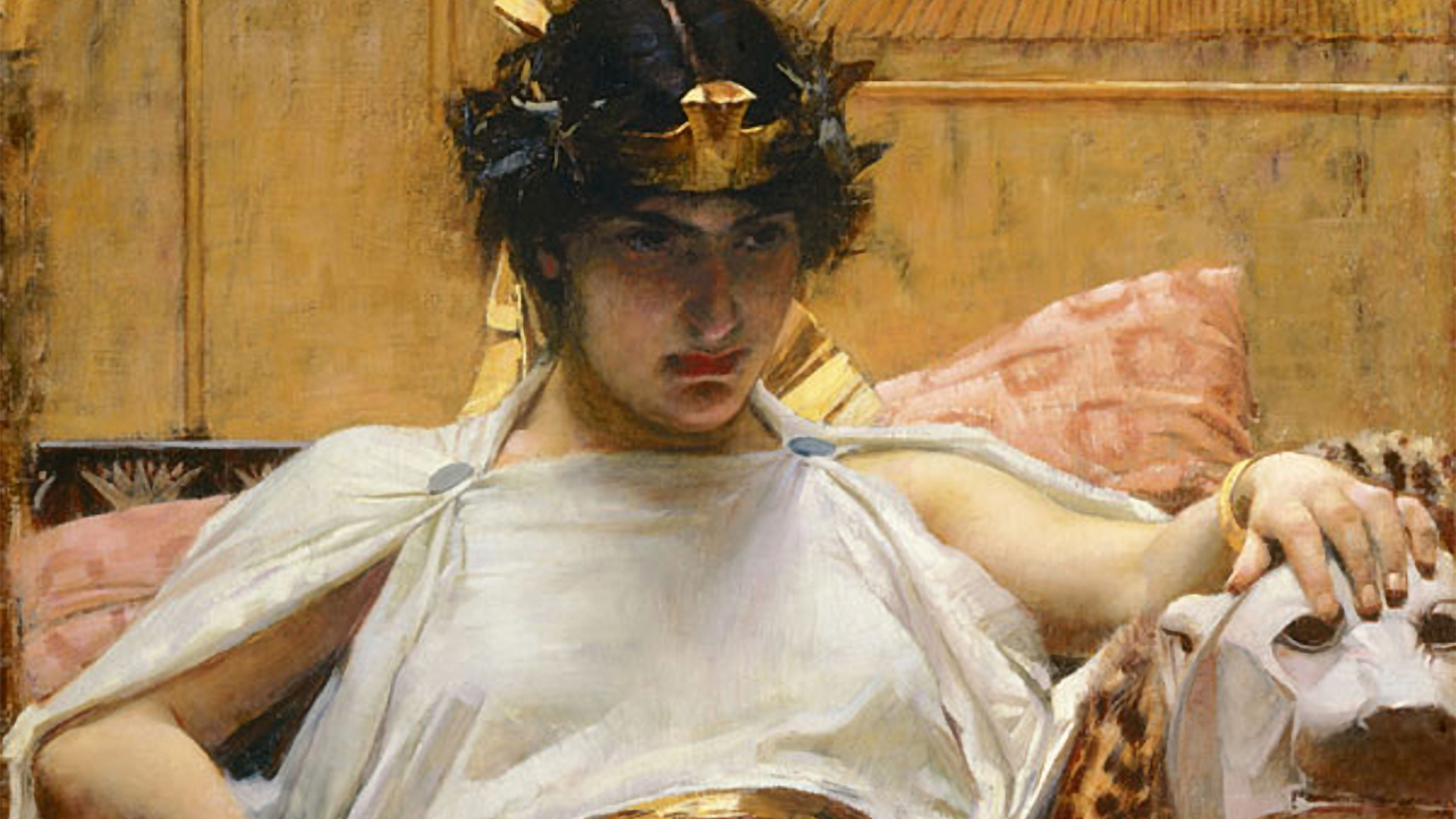When, in 1860, Berlioz toyed with the idea of Cleopatra as an operatic subject, he had
then officially forgotten the lyric scene La Mort de Cléopâtre written in 1829. It did not
feature in his own list of works and it was not published until long after his death. But in
reality he remembered only too well the circumstances of its composition, his third unavailing
attempt at the Instituts annual Prix de Rome, for a chapter of his Memoirs amusingly
recounts his confidence in success against unknown competitors, his determination not to
compromise in style, his alienation of the examiners, and his subsequent conversation with
the veteran Boieldieu, a composer plainly disturbed that Berlioz should have set a dramatic
text to dramatic music.
This rejection brought home to Berlioz more keenly than anything else the gulf that separated him from accepted canons of taste, a gulf that never narrowed. His central belief that vocal music should express the emotional and dramatic movement of the text was here openly derided, yet his later music (consider the deaths of Romeo, Cassandra, and Dido) shows that the officially set text (by P. A. Vieillard) could evoke only one kind of response from a composer of such sensibility. The distraught gestures of ‘Cleopatra’s death, closing finally with a yawning drop on the double basses and a single note, pizzicata, on the cellos, spring directly from Berlioz's fervid reaction to an imagined state of mind.
Berlioz rejected the cantata, but preserved the central episode, the invocation ‘Grands Pharaons, nobles Lagides” which he rather coldly described as a piece of ‘’noble character, with a rhythm of striking originality, whose enharmonic progressions seem to have a solemn, funereal sound, and whose melody unfolds dramatically in a long drawn-out crescendo’.
This rejection brought home to Berlioz more keenly than anything else the gulf that separated him from accepted canons of taste, a gulf that never narrowed. His central belief that vocal music should express the emotional and dramatic movement of the text was here openly derided, yet his later music (consider the deaths of Romeo, Cassandra, and Dido) shows that the officially set text (by P. A. Vieillard) could evoke only one kind of response from a composer of such sensibility. The distraught gestures of ‘Cleopatra’s death, closing finally with a yawning drop on the double basses and a single note, pizzicata, on the cellos, spring directly from Berlioz's fervid reaction to an imagined state of mind.
Berlioz rejected the cantata, but preserved the central episode, the invocation ‘Grands Pharaons, nobles Lagides” which he rather coldly described as a piece of ‘’noble character, with a rhythm of striking originality, whose enharmonic progressions seem to have a solemn, funereal sound, and whose melody unfolds dramatically in a long drawn-out crescendo’.


